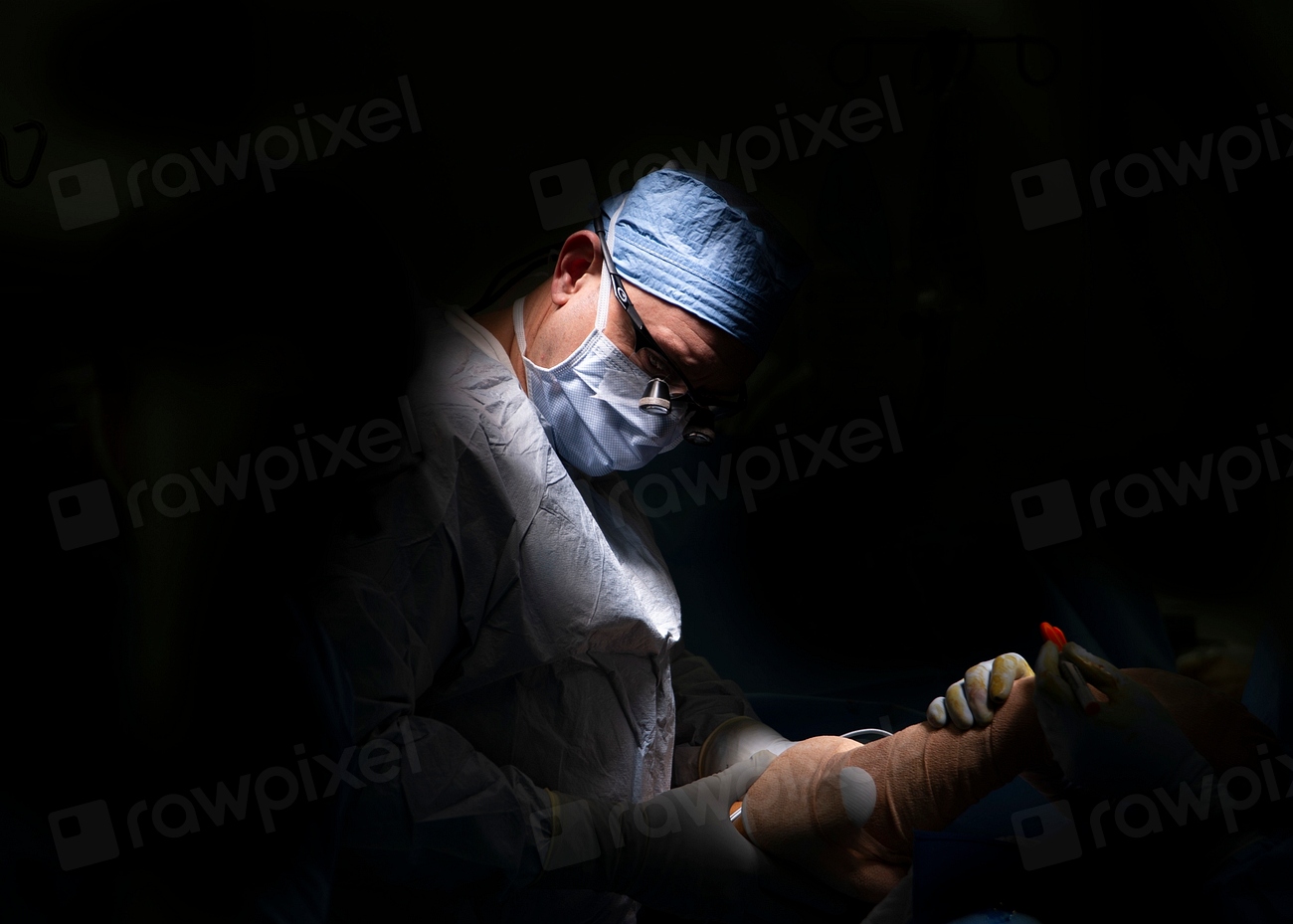
Living and working in Dubai as a general surgeon, I’ve encountered numerous cases of diverticulitis. It’s a condition that can significantly impact one’s quality of life, but with the right approach, it can be managed effectively. Let me share my personal journey and professional insights on dealing with diverticulitis.
What is Diverticulitis?
Diverticulitis occurs when small, bulging pouches (diverticula) that can form in the lining of your digestive system become inflamed or infected. These pouches are most commonly found in the lower part of the large intestine (colon). When these pouches get infected, they can cause severe abdominal pain, fever, and changes in bowel habits. This condition can be quite debilitating if not addressed promptly.
Recognizing the Symptoms
The symptoms of diverticulitis can vary but often include sudden and severe pain in the lower left side of the abdomen, fever, nausea, and changes in bowel habits such as constipation or diarrhea. For me, the first sign was a sharp, persistent pain that didn’t go away. If you’re experiencing these symptoms, it’s crucial to seek medical attention immediately. Early diagnosis and treatment can prevent complications.
Importance of Timely Diagnosis
Timely diagnosis of diverticulitis is crucial. If left untreated, it can lead to serious complications such as abscesses, perforation of the colon, or peritonitis. In Dubai, we have access to advanced diagnostic tools like CT scans, which can accurately diagnose diverticulitis and assess its severity. This allows us to develop an effective treatment plan quickly.
Treatment and Management
Treatment for diverticulitis typically involves antibiotics to treat the infection and a liquid or low-fiber diet to allow the colon to heal. In more severe cases, hospitalization may be required for intravenous antibiotics and possibly surgery. As a general surgeon, I’ve performed numerous surgeries to remove the affected portion of the colon in severe cases of diverticulitis. This is usually a last resort when other treatments have failed or complications have arisen.

Dietary Adjustments
Dietary changes play a significant role in managing diverticulitis. During an acute attack, a low-fiber diet is recommended. Once the symptoms improve, gradually increasing fiber intake can help prevent future attacks. Foods rich in fiber, such as fruits, vegetables, and whole grains, can help maintain bowel regularity and reduce the risk of diverticula forming. However, it’s important to introduce these foods slowly and ensure adequate hydration to avoid constipation.
Stress Management and Healthy Living
Stress can exacerbate symptoms of diverticulitis, so managing stress is crucial. Living in a fast-paced city like Dubai can be stressful, but finding ways to relax and unwind is essential. Regular exercise, mindfulness, and yoga have been beneficial for many of my patients. Personally, I find walking along Dubai’s beautiful beaches to be a great way to de-stress and stay active.
Regular Medical Check-ups
Regular check-ups with your healthcare provider are essential for monitoring the condition and preventing complications. In Dubai, we are fortunate to have excellent healthcare facilities that provide comprehensive care for patients with diverticulitis. According to the Abu Dhabi Department of Health, regular monitoring and early intervention are key to managing this condition effectively.
Educating Patients
Educating patients about diverticulitis and how to manage it is a crucial part of my job. Understanding the condition, knowing the triggers, and adhering to treatment plans empower patients to take control of their health. Resources like the Ministry of Health and Prevention UAE offer valuable information and support, helping patients stay informed and proactive in their care.
Collaborative Care
Managing diverticulitis often involves a team of healthcare professionals, including gastroenterologists, dietitians, and general surgeons. This multidisciplinary approach ensures comprehensive care, addressing all aspects of the patient’s health. Effective communication between the healthcare team and the patient is crucial for successful treatment outcomes.
Personal Reflections on Treating Diverticulitis
In my practice, I’ve seen how effective treatment and lifestyle changes can dramatically improve the quality of life for patients with diverticulitis. The journey from diagnosis to recovery requires commitment and cooperation between the patient and healthcare providers. Witnessing patients regain their health and comfort is one of the most rewarding aspects of my work.
Final Thoughts on Managing Diverticulitis in Dubai
Living with diverticulitis in Dubai presents unique challenges, but with the right approach, it is entirely manageable. Staying informed, making necessary lifestyle changes, and seeking professional medical guidance are key to managing this condition effectively. Dubai’s advanced medical facilities and supportive healthcare community make it an ideal place for managing diverticulitis and other health conditions.
If you suspect you might have diverticulitis or are experiencing any related symptoms, don’t hesitate to seek medical attention. Early diagnosis and treatment can prevent complications and significantly improve your quality of life. By taking proactive steps and following medical advice, you can lead a healthier, more comfortable life despite having diverticulitis.
